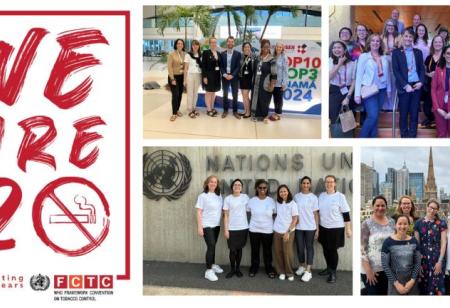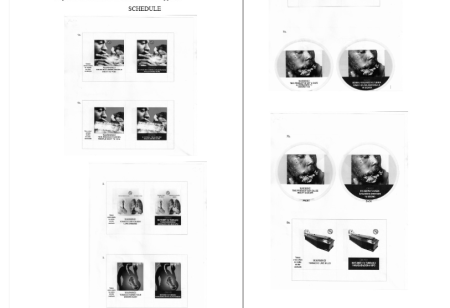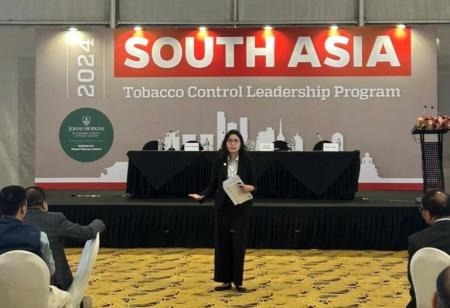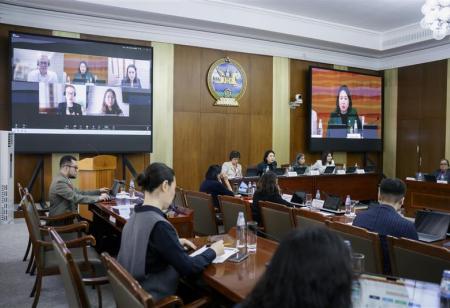
Supreme Court of Kenya rejects British American Tobacco appeal against Tobacco Control Regulations - 25 March 2020
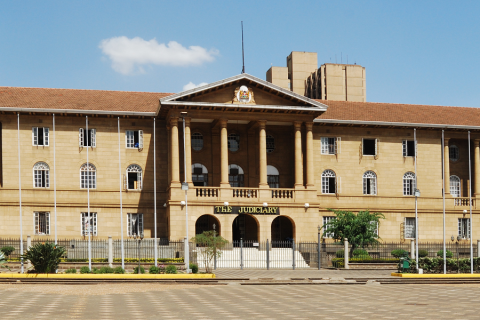
The Kenyan Supreme Court has dismissed an appeal brought by British American Tobacco (BAT), thereby ending the company’s challenge to Kenya’s Tobacco Control Regulations.
The Supreme Court decision, which came on 26 November 2019, upholds previous decisions in favour of the Kenyan Ministry of Health made in the High Court of Kenya and the Court of Appeal of Kenya.
BAT had appealed the Court of Appeal’s decision on ten grounds. The Supreme Court effectively divided these into four broad questions:
- Whether the process of making the Regulations violated the right to public participation in the Kenyan Constitution
- Whether the Regulations unconstitutionally discriminated against BAT
- Whether provisions relating to disclosure of contents and emissions of tobacco products violated either privacy or intellectual property rights
- Whether provisions requiring tobacco companies to make a ‘solatium compensation contribution’ (i.e. a payment of 2% of profits) into a compensation fund was an unlawful tax
It found that the answer to these questions was ‘no’.
On public participation, the Supreme Court upheld the finding of the High Court and Court of Appeal that BAT had had an adequate opportunity to make its views known through the stakeholder consultation process that had been held by the government. After outlining guiding principles on the right to public participation, it found that the courts had correctly applied these principles to BAT’s case. In particular, the Court noted in its guiding principles that public consultation could take place via written submissions and did not specifically require oral hearings, and that the fact that one person was not heard was not enough to invalidate the process, provided that reasonable opportunity was provided for participation.
On discrimination, the Supreme Court upheld the finding that provisions implementing article 5.3 of the WHO Framework Convention on Tobacco Control did not discriminate against BAT, or tobacco companies in general. It noted that not all forms of differentiation were discriminatory, and only arbitrary or unreasonable differential treatment would be unconstitutional. It then upheld the High Court and Court of Appeal’s findings that it was reasonable to treat the tobacco industry differently from other industry, in light of the negative health impacts of tobacco. It emphasised that ‘there is no way the Regulations can be legitimately made without the [Cabinet Secretary] for Health factoring in the consequences and/or impact of Tobacco use. Such an approach will be akin to the proverbial ostrich burying its head in the sand’ [para 108]. The Supreme Court also found that the relevant provisions did not breach the right to freedom of association.
In relation to privacy and intellectual property rights, the Supreme Court found that any infringement on these rights was proportional. BAT had argued that having to disclose information about its products to a regulator would violate its trade secrets, which it argued would affect its right to privacy and to property (including intellectual property). The Supreme Court confirmed the Court of Appeal’s decision to reject these claims. It considered that ‘the Court of Appeal correctly applied the test of proportionality in resolving the friction between the competing rights of the Appellant’s right to its intellectual property and the need to protect the public health from the effects of Tobacco use’ [para 115]. It quoted with approval two passages from the High Court and Court of Appeal emphasising tobacco’s negative impacts on health and on the rights of the public.
Finally, the Supreme Court found that the solatium compensation contribution was not a tax, because it was a contribution to a specific fund rather than a payment into general or county revenue, and was not managed under the budget and appropriations process.
The Court dismissed the appeal and declined to award relief, finding that the appeal ‘has no merit and the same is dismissed in its entirety’.
The Supreme Court is the court of final appeal in Kenya, and no further challenge to the regulations is possible from this decision.

